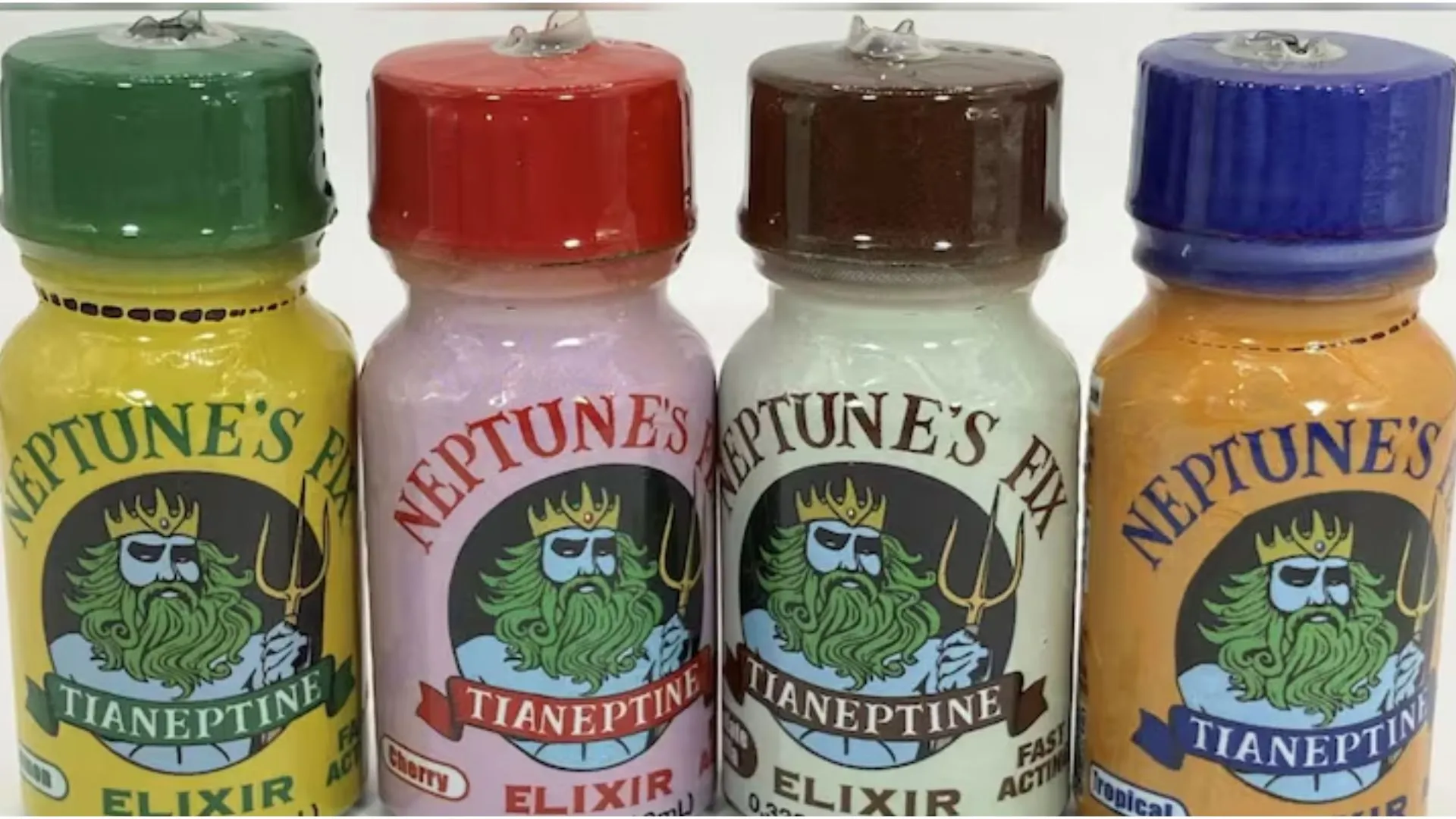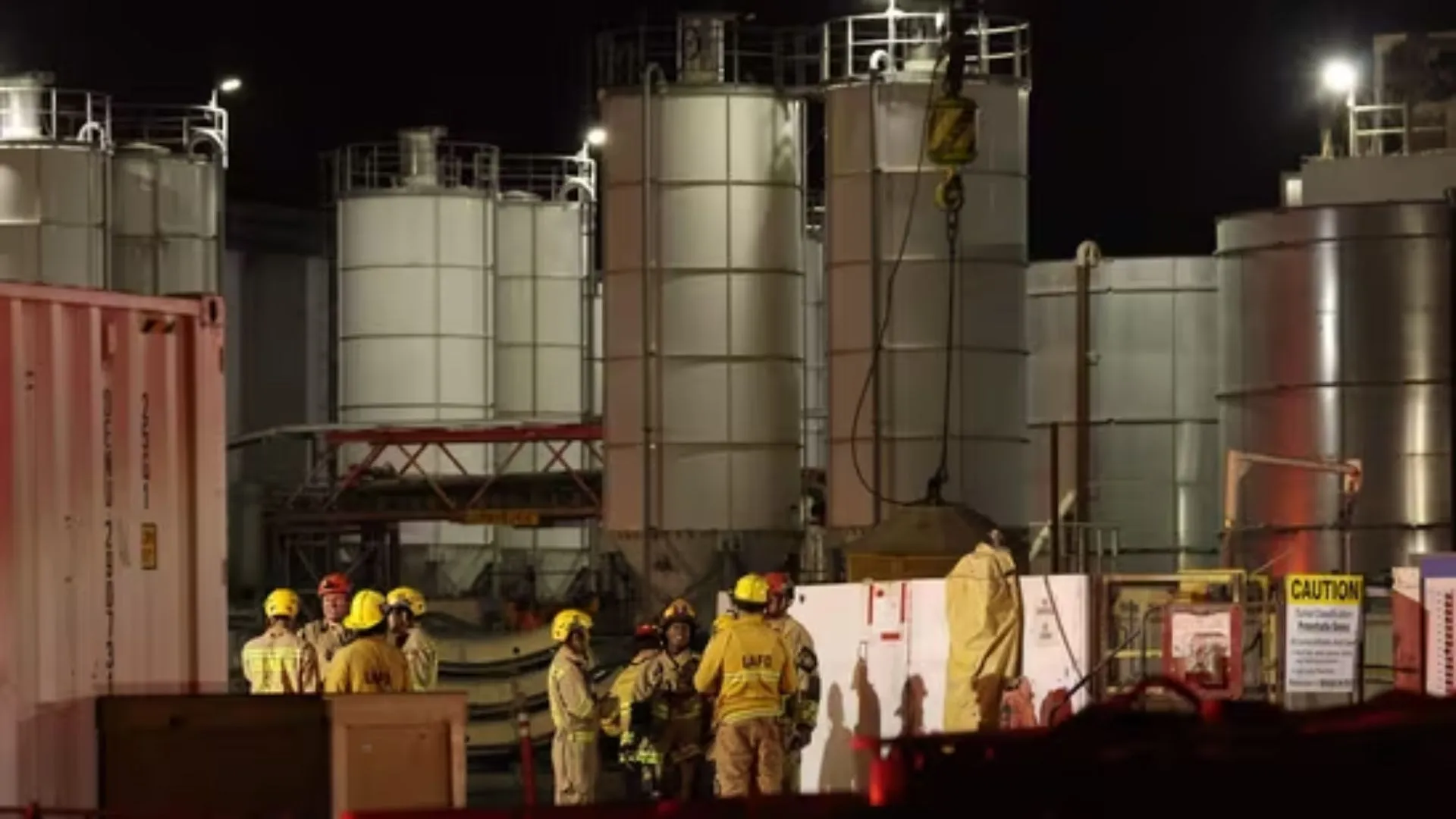U.S. health officials are raising red flags over tianeptine, nicknamed “gas station heroin,” found in supplements sold at gas stations and smoke shops.
Despite being unapproved by the FDA, it’s still sold under names like Zaza, Pegasus, and Tianaa.
Alarming Surge in Gas Station Heroin Use Across U.S.
Tianeptine binds to similar brain receptors and produces opioid-like effects. “It’s kind of this grey area of consumer products, or supplements, where the contents are not regulated or tested the way they would be with a medication,” said Dr. Diane Calello of the New Jersey Poison Information and Education System. “You never quite know what’s in that bottle.”
Tianeptine is used as an antidepressant, causing major concerns due to its unregulated nature and increasing misuse.
FDA Calls Tianeptine a Growing Health Threat
In May 2025, the FDA warned that tianeptine, often called “gas station heroin,” is becoming a dangerous trend. Officials said they’re worried about the rising number of medical emergencies, especially in young people, and called for quick action to stop it from turning into another opioid crisis.
Poison control centers across the U.S. have seen more and more calls about the drug over the past ten years. In Alabama, tianeptine cases skyrocketed by 1,400% between 2018 and 2021.
But once the state introduced tighter rules, those numbers began to fall. Many people who used the drug suffered from serious health issues like seizures, dangerously low blood pressure, and intense anxiety. According to the Associated Press, more than half of the 20 recent cases were so severe that the patients had to be admitted to the ICU.
As the FDA pushes for tougher regulation, health experts are warning people to stay away from unverified supplements. And, the FDA is also calling for stronger checks to prevent things from getting worse.






















